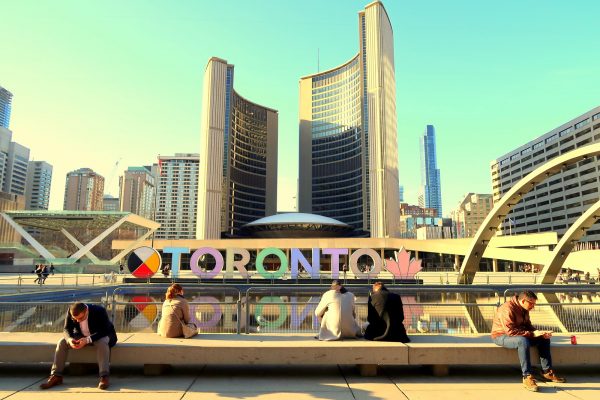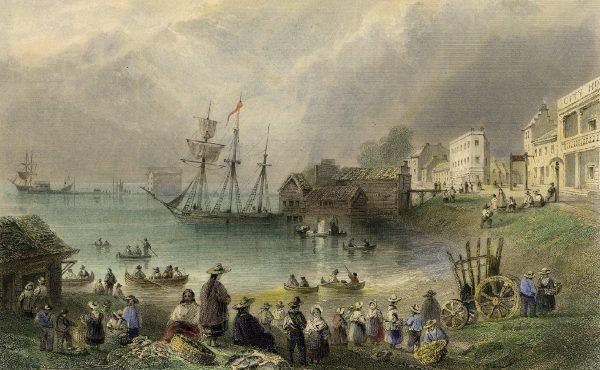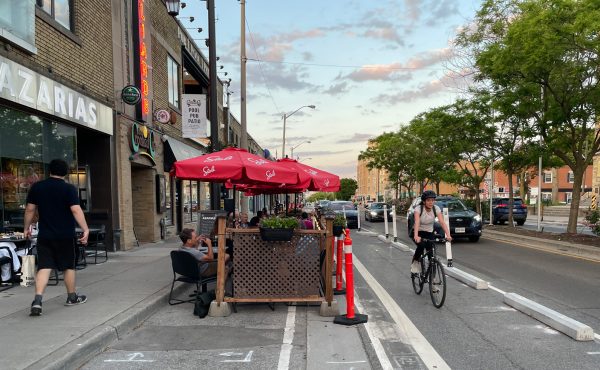By André Côté, Gabriel Eidelman, and Michael Fenn.
The reopening in response to the COVID-19 pandemic, and the recovery planning to come, represent an unprecedented exercise in coordination across governments, industry, health and social services, and civil society. Never in our living memory have so many had to work together so quickly, with such high stakes.
Our local governments, like so many others in society, have individually stepped up to the challenge, but when regional action is required on regional issues, few institutions or structures exist to set priorities or to coordinate efforts.
In a new paper out of the University of Toronto’s Institute on Municipal Finance and Governance, we argue that the challenges facing Greater Toronto are simply too big for its municipalities to continue to go it alone.
Our biggest collective problems, including COVID-19, spill across municipal boundaries. Housing affordability, income inequality, transportation, economic prosperity, climate change, and more, are all best addressed through cooperation and coordination on a broader pan-regional scale.
What do we propose?
Let’s just get on with it!
Rather than continuing to wait in vain for a metropolitan governance intervention by the province, local governments can work collectively from the bottom up to act on shared priorities. Our paper offers a playbook on how municipalities — and in particular, senior municipal public servants — can get going and produce near-term results.
First, focus on regional issues, rather than regional boundaries. Regions experiencing strong population growth, like the Toronto region, will always outgrow their formal boundaries. Better to concentrate on the policy problems and public services that demand improved regional coordination and then engage in regional dialogue across jurisdictional lines.
Second, local context matters. Municipalities should learn from the many effective models in city-regions around the world but recognize that the most appropriate model for Greater Toronto is not necessarily what works elsewhere.
Third, bring other regional leaders to the table. Many other organizations — from the Toronto Region Board of Trade to the United Way to anchor hospitals and universities — are taking a regional focus and would make great collaborators for local governments.
Fourth, don’t get bogged down by representation and governance. If quorum requires every municipality in the region to participate, under a fully fleshed-out set of terms, projects will never get off the drawing board. Let willing partners opt-in and propose a “minimum viable process” — to adapt a concept from the worlds of technology and design — for moving projects forward.
Fifth, start with projects that can allow you to “build the muscle” for regional coordination. They must be urgent and important, but not too controversial, binding, politicized, or costly. COVID-19 is a clear and urgent candidate. So is regional resilience planning and long-term preparedness for climate change. Municipalities could also collaborate on shared policies for disruptive technologies, so each municipality isn’t developing its own “Smart Cities” policies from scratch or competing to create the right environment for digital-economy investment.
Finally, we cannot solve our Greater Toronto governance problems overnight. Voluntary governance arrangements are built on relationships and trust, and developed over long periods of time. Patience, discipline, and incrementalism are required.
The COVID-19 pandemic has been truly tragic. But it also inspired previously unimaginable levels of coordination and creativity to rapidly develop solutions in our cities and communities. If the future demands a regionally coordinated response from our local governments, let’s embrace that future.
André Côté is principal with a public policy consultancy and former political advisor. Gabriel Eidelman is director of the Urban Policy Lab at the University of Toronto’s Munk School of Global Affairs and Public Policy. Michael Fenn is a former Ontario Deputy Minister and former municipal chief administrator in Hamilton Region and Burlington.
photo by Wylie Poon




